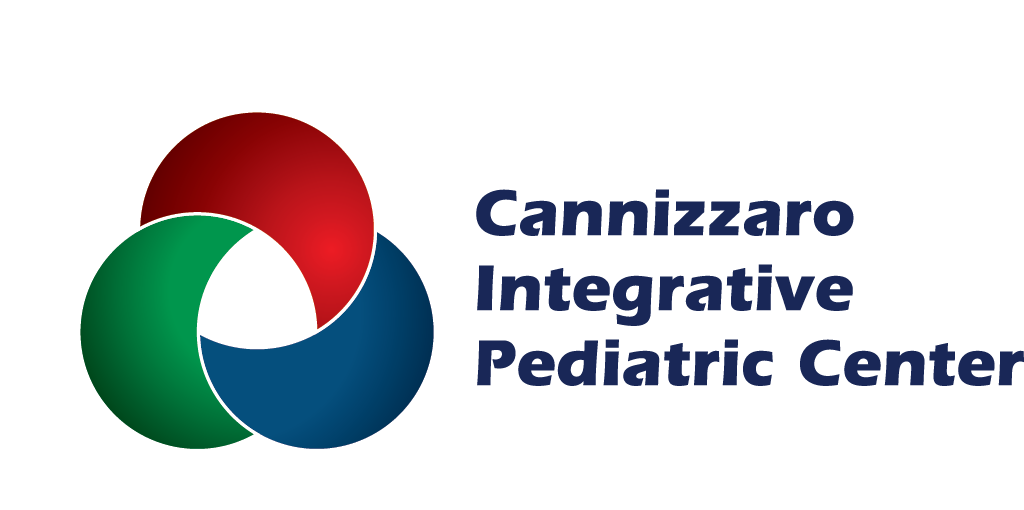
Inflammation has more to do with getting sick than you might think. We generally equate a healthy immune system with “not getting sick.” Did you know that your immune system controls the body’s defenses against both infections and inflammatory diseases? All infections are inflammatory to the body. The majority of childhood diseases are inflammatory diseases, which create redness, swelling, pain and warmth. This is the natural defensive response of the body to foreign invaders.
We run into trouble when inflammation becomes “runaway.” This is when chronic inflammatory conditions begin. These conditions include asthma, allergies, chronic ear infections, sinusitis and other chronic infections. When low-level inflammation is allowed to go on for years, chronic degenerative diseases can develop. This list includes Alzheimer’s disease, cancer, diabetes and heart disease.
So, keeping the immune system healthy is where we must begin to avoid getting sick, but also to speed recovery from these inflammatory conditions. There are two main ways to keep your immune system strong and your defenses up. 1) Avoid the causes of inflammation. 2) Eat foods and take supplements that support immune system function and the reduction of inflammation.
Sources of Inflammation to Avoid
Inflammatory foods: This includes foods like cookies, canned fruits, and soda. The simple carbohydrates in these foods readily break down and release massive amounts of sugar (glucose) into the bloodstream. The body produces insulin to counteract this flood of glucose, as it’s built to do. However, a constant release of insulin is very inflammatory to the body. This is how Type 2 diabetes eventually develops. In the short-term, we know that sugar compromises the immune system. Kids who eat a lot of sugar will also catch every bug that comes along.
Toxic personal products: Body wash, lotion, shampoo, and the chemicals you clean your house with all have the potential to contain toxins that are absorbed through your skin. These toxins interfere with a host of body systems, including the endocrine system (which regulates normal hormone production), the liver (our detox organ, along with the skin), and the brain (our command center). Our bodies generate free radicals just from creating energy from food. It’s a natural process. However, introducing more toxins to your body generates even more free radicals and creates a “toxic load” that is not as easy for the body to overcome.
Inflammatory lifestyle habits: Stress and lack of good sleep habits disrupts cortisol production in the body and our natural circadian rhythm. Cortisol is released by the adrenals when a sudden burst of energy is needed, but unrelenting stress causes it to spike unnecessarily. Just like insulin, consistently elevated cortisol is also inflammatory to the body. Studies have shown that sleep deprivation increases inflammation in the body.
How to Actively Reduce Inflammation
Eat your antioxidants: Antioxidants and phytochemicals in certain plant foods and botanical medicines reduce chronic inflammatory conditions by neutralizing free radicals. “Eating your colors” via fruits and vegetables provides you with free radical scavengers that boost your immune system and reduce inflammation. Needless to say, eating organic as much as possible will ensure you are not adding toxic pesticides and other chemicals that cause damage in the first place! Many herbs have antioxidant, antiviral and antimicrobial properties, so be sure to cook with plenty of fresh herbs, like rosemary, oregano and turmeric.
Supplements can help: Vitamin C and Vitamin D have been shown to have a strengthening effect on immune defense system function. There is a difference between the “minimum” daily allowances that you see listed on food labels and a “therapeutic” dose meant to boost the immune system. Depending on your child’s current health and history, we’ll recommend the best individual dosage.
Salt Therapy: A 40-minute salt therapy session helps alleviate respiratory symptoms, soothing lungs and encouraging drainage. Read more about the Salt Room in other articles on this blog and schedule a session at the Salt Room we have on our premises!
A program that integrates changes in lifestyle and diet along with specific nutrient supplementation can be effective in restoring immune defense processes, but no matter how hard you try, kids will get sick! Last month, we spoke about our natural cold and flu regimen here at Cannizzaro Integrative Pediatric Center, which helps when your child is already suffering with a cold or flu.
Resources:
http://www.medicalnewstoday.com/articles/207877.php





